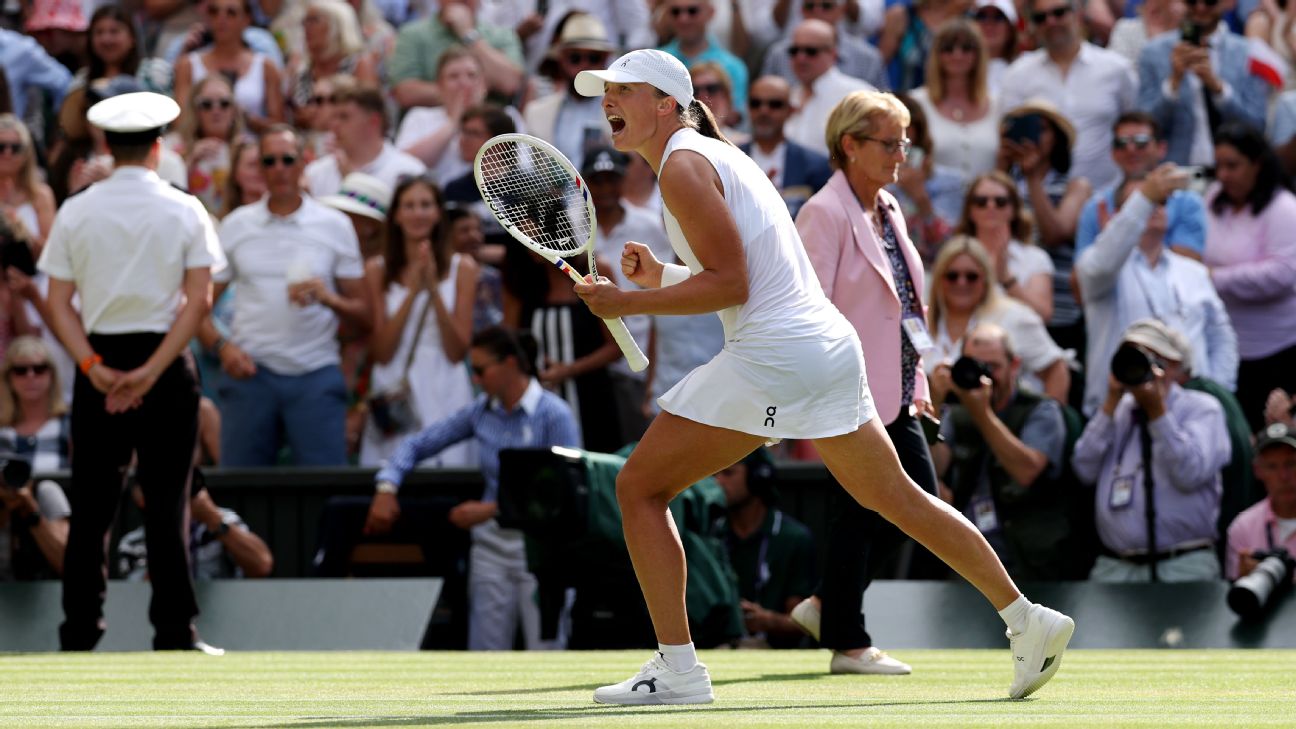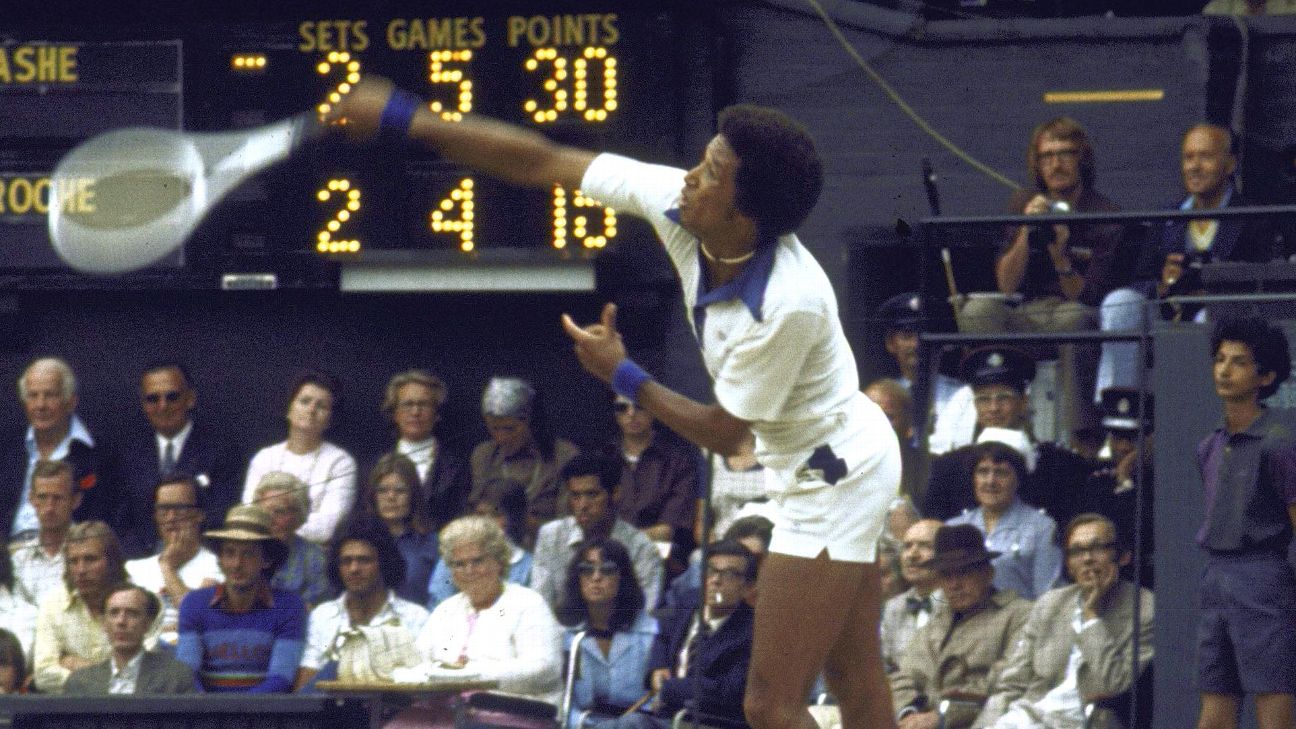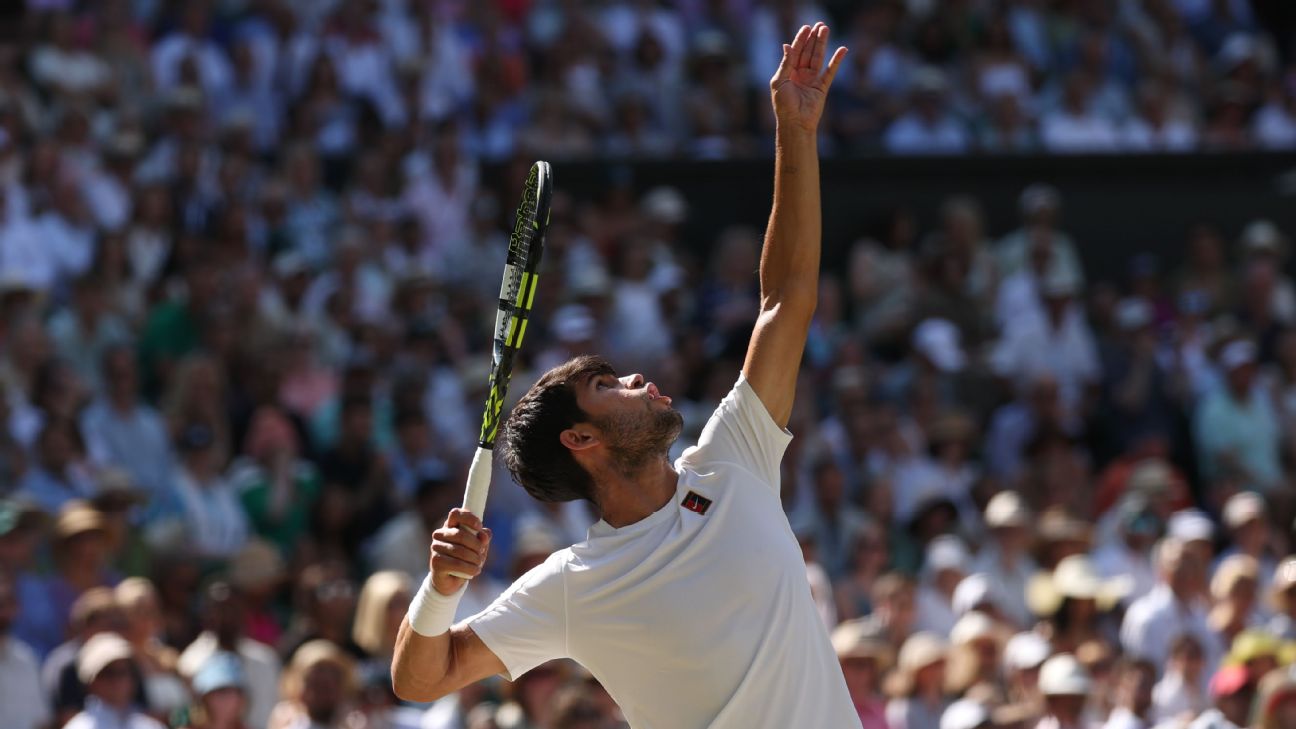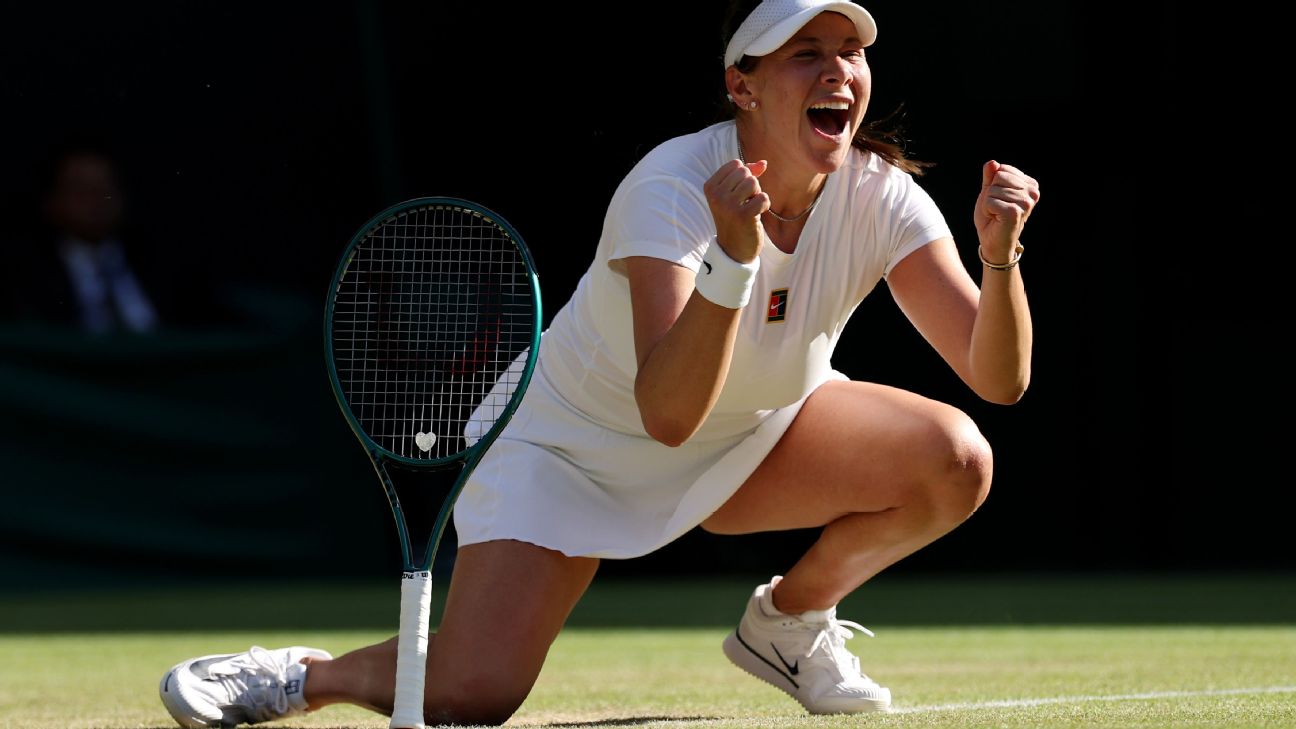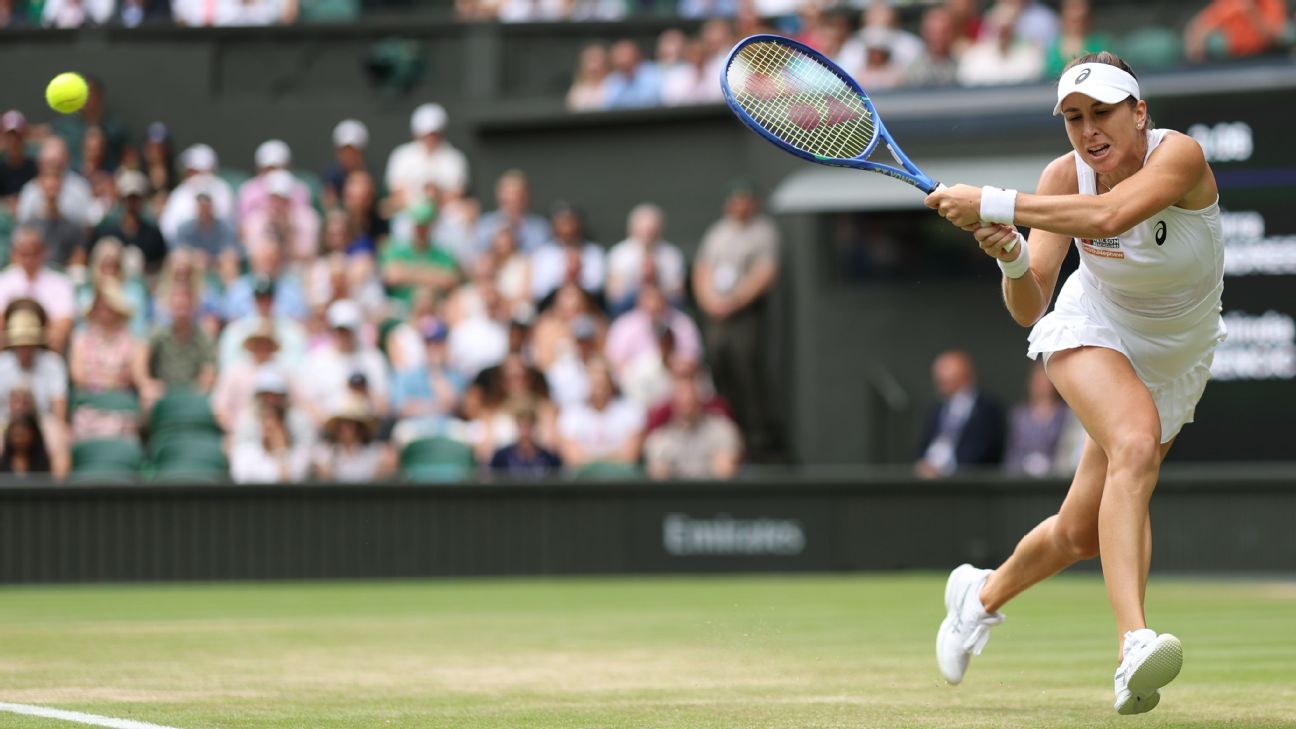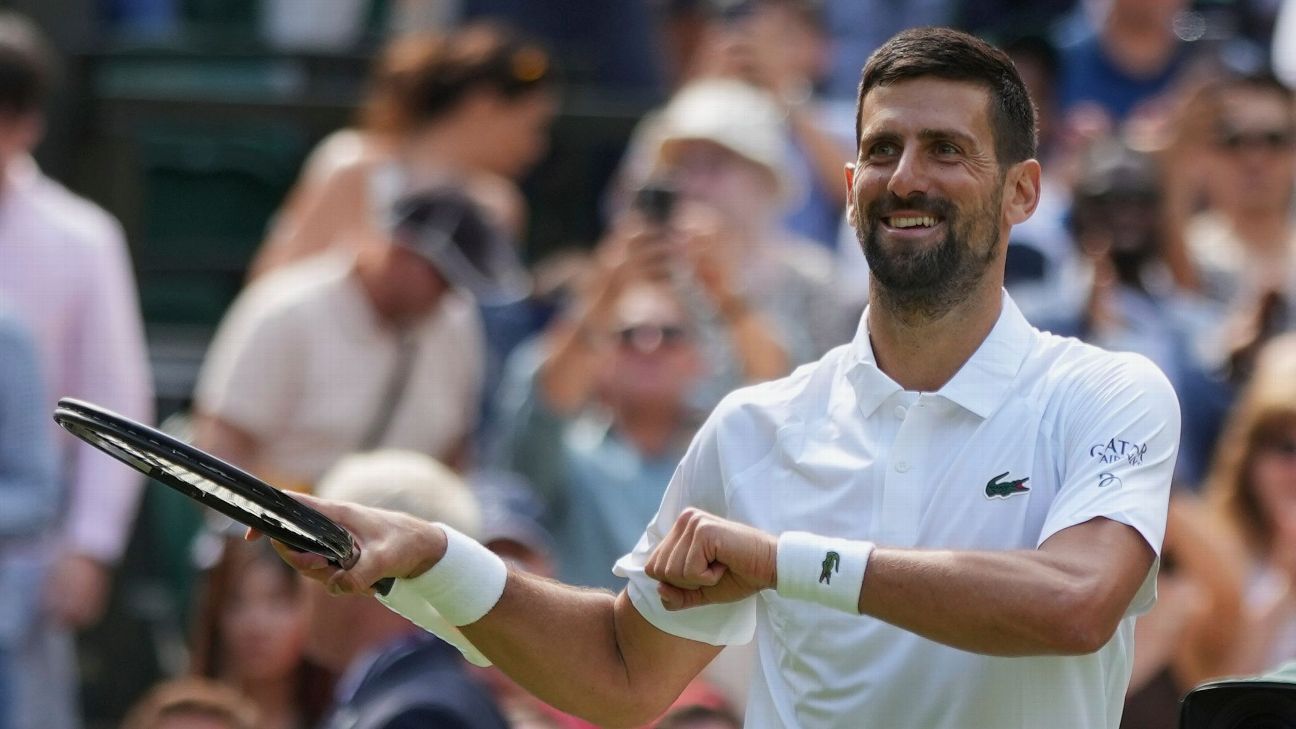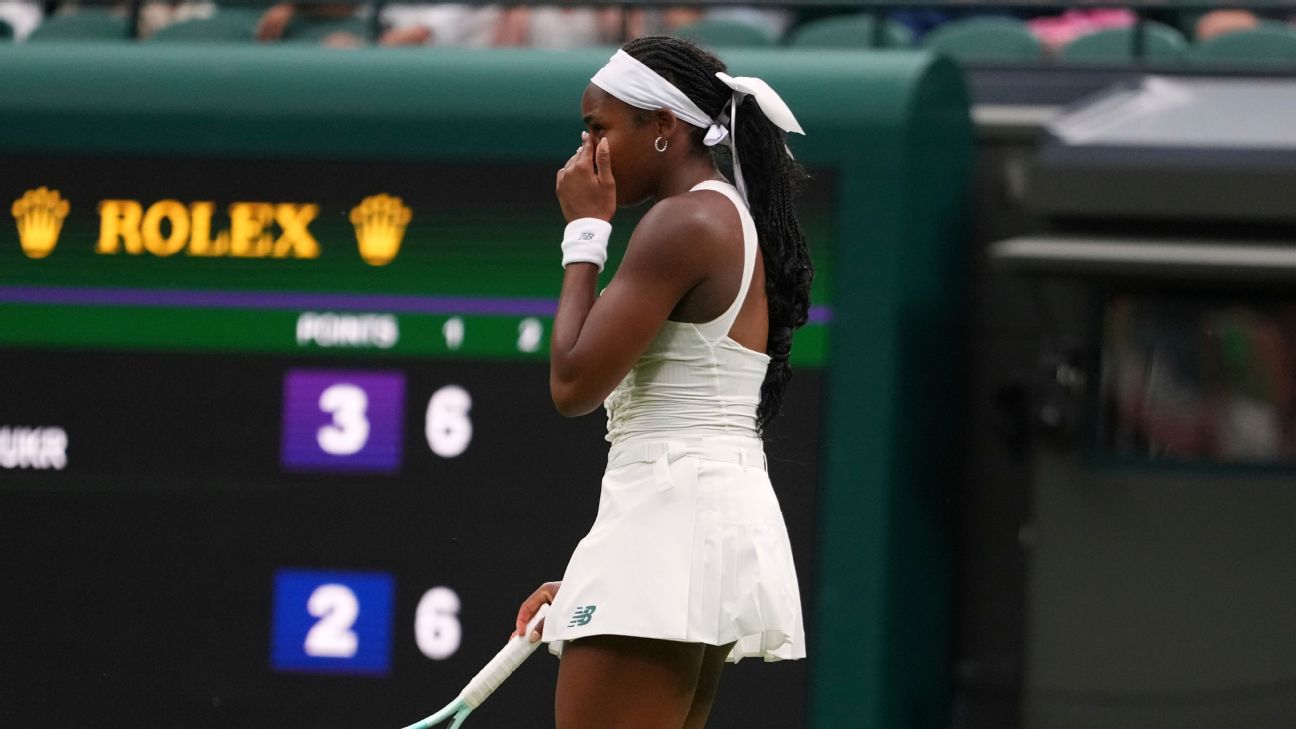Arthur Ashe's 1975 Wimbledon Triumph: A Legacy of Strategy and Grace
Reflecting on Arthur Ashe's historic 1975 Wimbledon victory, this article explores the strategic brilliance and enduring legacy of the first Black man to win the singles title.
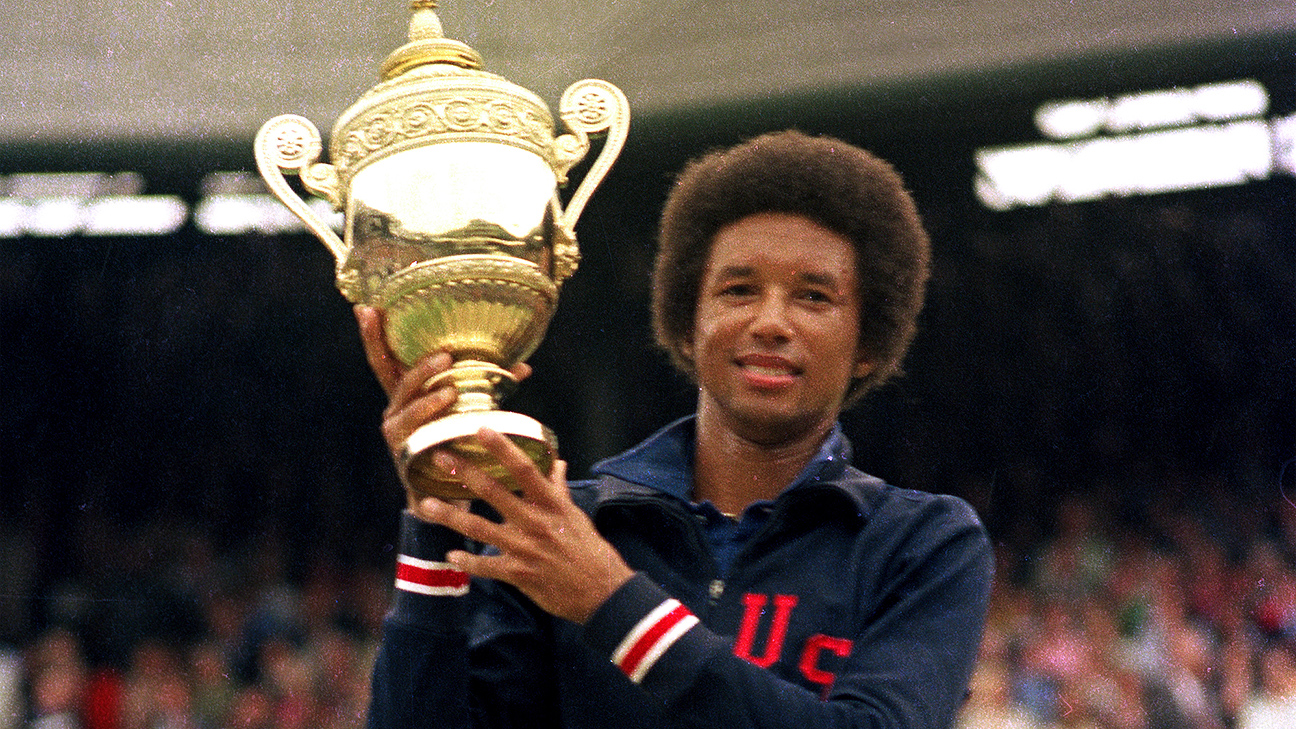
The Historic Match
On July 5, 1975, Arthur Ashe achieved what many thought was impossible. Facing the defending champion Jimmy Connors, Ashe became the first and only Black man to date to win the Wimbledon singles title. This victory was not just a triumph of skill but a masterclass in strategy and mental fortitude.
The Strategy
Ashe, known for his powerful game, completely altered his style for the final. Instead of relying on his usual hard-hitting approach, he employed a softer, more tactical game. This included drop shots, lobs, and gentle pushes over the net, which left Connors, who thrived on power, completely out of sorts.
The Aftermath
Ashe's victory was more than just a personal achievement; it was a significant moment in sports history. His win at Wimbledon, seven years after his US Open victory, cemented his legacy as one of the greatest tennis players and a trailblazer for Black athletes in the sport.
Reflections from the Tennis World
Richard Evans, a British journalist and friend of Ashe, remarked on the match's brilliance, calling it the most extraordinary Wimbledon final he had ever seen. Stan Smith, Ashe's Davis Cup teammate, highlighted the difficulty of implementing such a drastic change in strategy, praising Ashe's ability to execute it flawlessly.
Legacy and Impact
Ashe's influence extended beyond the court. His calm demeanor, respect for the game, and commitment to social issues left an indelible mark on tennis and society. His victory at Wimbledon remains a beacon of inspiration, demonstrating that with the right strategy and mindset, even the most formidable challenges can be overcome.
Conclusion
Arthur Ashe's 1975 Wimbledon victory is a testament to his strategic genius and enduring legacy. It serves as a reminder of the power of adaptability and the importance of leaving a positive impact both on and off the court.












